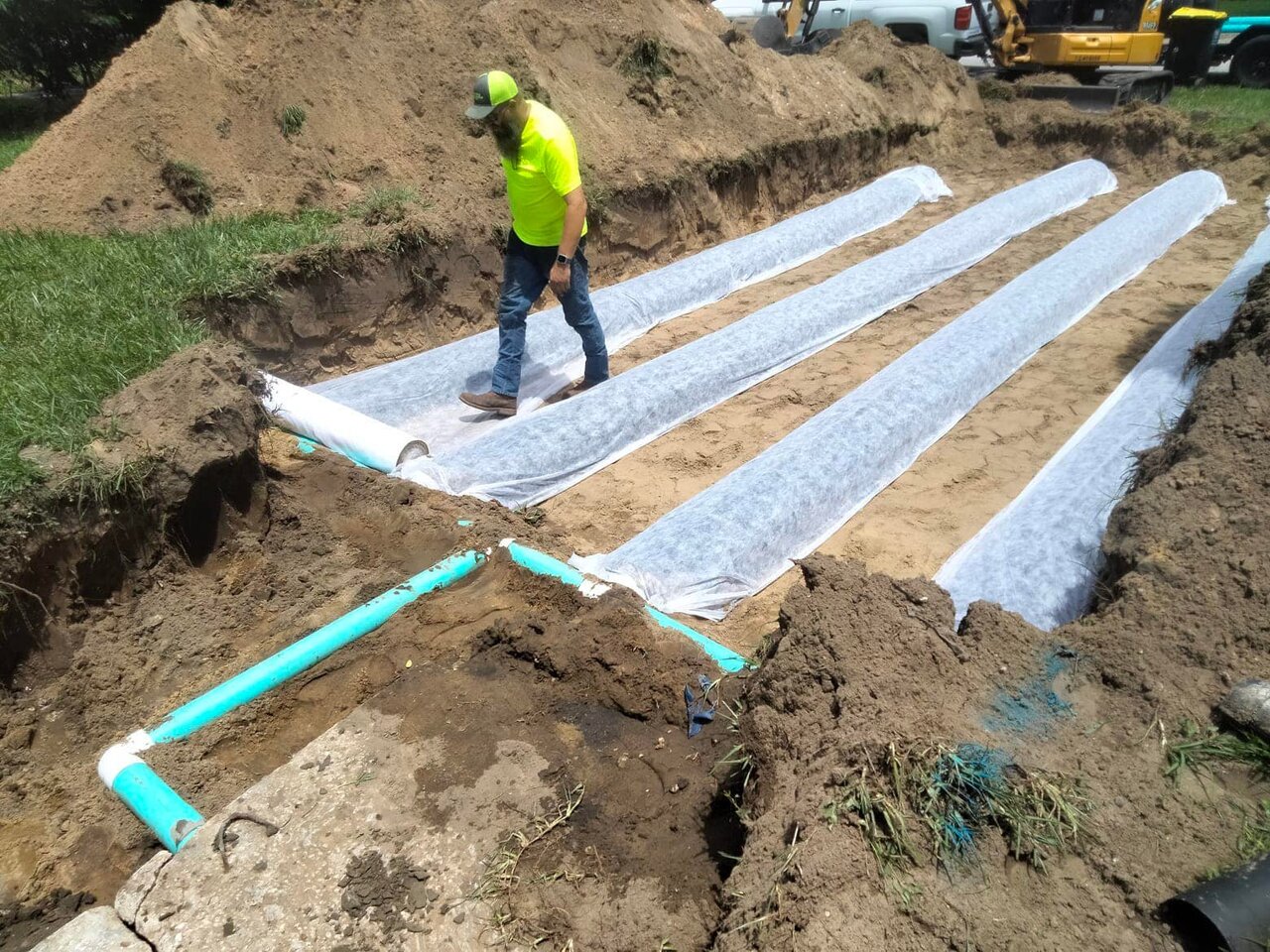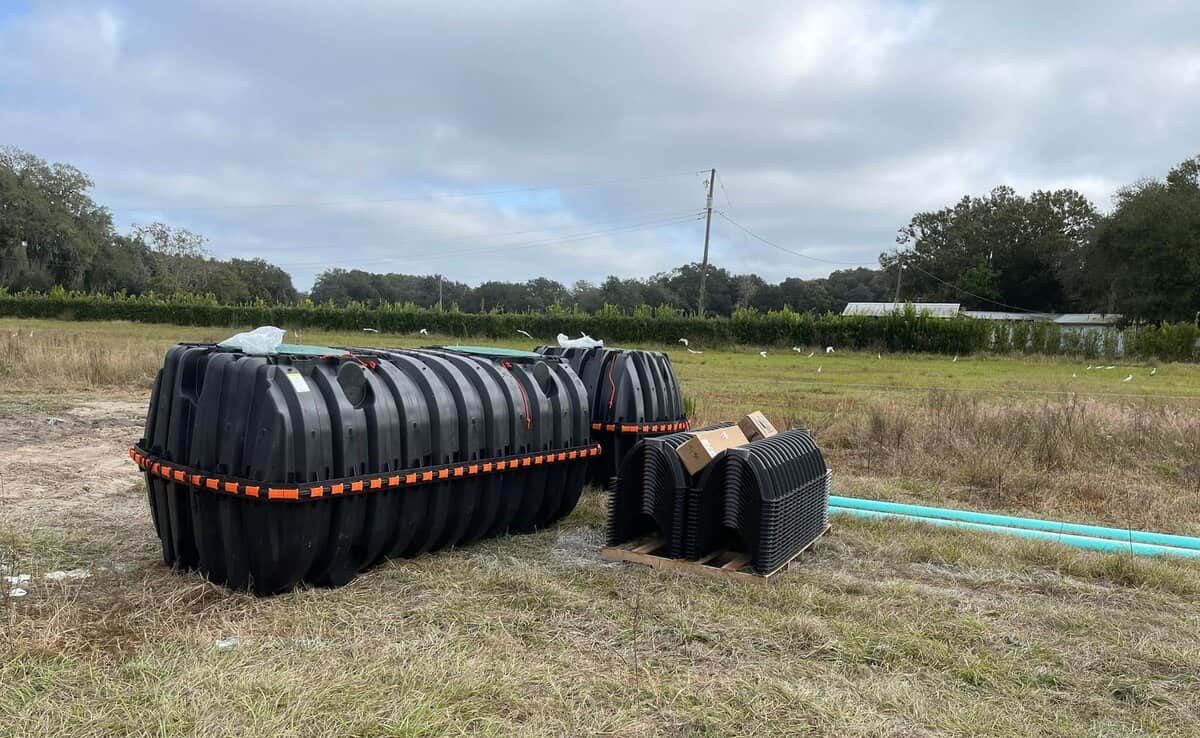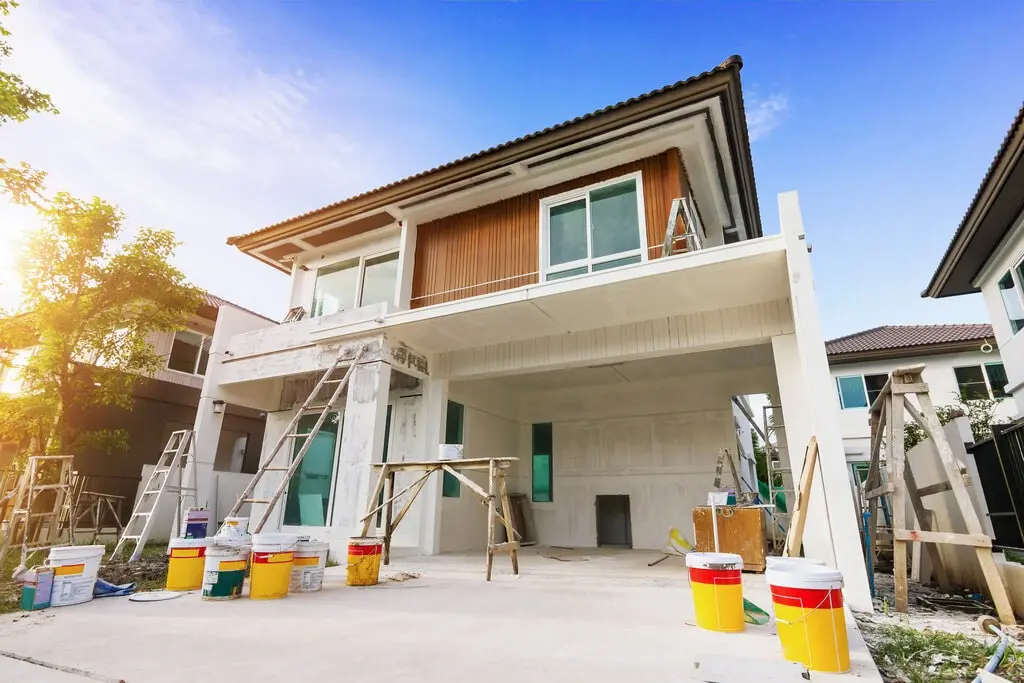Your septic system is one of the most crucial elements of your home, given that it serves to remove and treat all the wastewater that is produced. However, many homeowners do not fully understand how their septic system works and, as a result, make mistakes that can cause issues.
Mistakes that Homeowners Make with their Septic System
Approximately 30 percent of Florida’s population use a septic system for onsite wastewater disposal, according to the Florida Department of Health. Florida represents 12 percent of the septic systems in the United States.
Even so, homeowners who are unfamiliar with septic systems often run into problems because the make common septic tank mistakes, such as:
Flushing anything other than waste and toilet paper
Clogs can result from any materials being flushed down the toilet or put into kitchen or bathroom drains. This includes wipes, paper towels, feminine hygiene products, diapers, cat litter, and cigarette butts.
Misusing the garbage disposal
Garbage disposals can help divert food waste from landfills and provide a convenient alternative to trash. However, homeowners need to understand how to properly use a garbage disposal, especially if they have a septic system. Always use cold water when grinding food, and do not grind fibrous materials like corn husks, celery stalks, onions skins, or artichokes.
Disposing of medications into the septic system
The septic tank bacteria are their own ecosystem, perfectly suited to help break down the wastewater from the home. Medications, both prescription and over the counter, can kill the bacteria or impact the bacteria’s effectiveness. This can lead to backups or other septic system issues.
Using harsh chemicals and cleaners in excess
As with medications, harsh household cleaning products like bleach and chemicals like paint thinner can kill bacteria in the septic tank. This can cause the tank to back up with sludge, scum, and other waste.
Antibacterial soaps
As the name says, some soaps are designed to kill bacteria. While this is obviously the intended outcome in some situations, killing bacteria in your septic tank is a recipe for septic system problems. Avoid antibacterial products if you have a septic tank.
Overloading the septic system
Septic systems are designed to handle a certain volume of wastewater, based in part on the size of the home. Regularly exceeding the system’s designed capacity will make it necessary for more frequent pumping and can increase the likelihood of septic issues. This issue can be caused by a variety of things, such as doing all of the household’s laundry at once, exceeding the number of residents expected in the home, or anything else that results in more water than expected entering the system.

Mistreating the drainfield
To function properly, your septic system relies on the drainfield as the last step in the process of removing and treating wastewater. To function properly, the drain field needs to be maintained. This means that large trees, shrubs, or other plants with big roots should not be planted on or near the drain field. You should also never park or drive vehicles on the drainfield or any other part of your septic system.
Failing to maintain the system
One of the most common septic tank mistakes made by homeowners is failing to maintain the system regularly. An “out of sight, out of mind” mentality can lead to bad outcomes with septic systems. Septic tanks should be inspected and pumped on a regular basis, generally every two to five years depending on the size of the home and the amount of wastewater produced.
Tree roots impeding on the septic system
Large trees, bushes, and shrubs can have roots that run wide and deep, and these roots can be aggressive. Septic tanks, pipes, and drainfields can all be damaged by roots, so it is important to keep large plants away.
Keep Your Septic System Healthy with Regular Inspections
Septic system mistakes can lead to issues that need to be addressed before they become larger and more costly. One of the best ways to ensure that your septic system is functioning effectively is to have a septic inspection.
In a visual inspection, a septic expert will flush all the toilets and run water in all the drains in the home, assess the drainfield, and review the past records of maintenance and pumping.
A full inspection includes everything in the visual inspection, plus verifying that the water level in the septic tank is where it should be, and dye tests to see how much of the drained water enters the septic tank. Generally, the septic tank will also be pumped to check for any backflow from the absorption area.
Real estate septic inspections may be required during the purchase or sale of a home. Even if not required, it is wise for buyers, sellers, and agents to have a septic inspection done so that there are no issues later.

Why Is Septic System Maintenance Important?
According to the Southwest Florida Water Management District, there are several reasons that homeowners should maintain their septic system:
- Save Money. It is less expensive to maintain a septic system than to repair a failing one.
- Protect Health. A faulty septic system might release contaminated wastewater into nearby wells, ground water, and drinking water sources, impacting both your home and others.
- Protect the Watershed. A septic system that releases untreated wastewater can impact lakes, streams, shorelines, and drinking water supplies.
Avoid Common Septic Mistakes – Call Septic and Drainfield Depot
If you are in or near Lakeland, in addition to the tips outlined above, proper care and maintenance of your septic system should include regular inspections and pumping from Septic and Drainfield Depot.
We are a premier septic company in central Florida. Our experienced septic professionals have had extensive training and will ensure that any septic problems you have are diagnosed and fixed effectively the first time.
We offer residential and commercial septic tank cleaning and pumping, septic system installation, repairs, grease trap cleaning, and preventative septic system maintenance. Our services are available 24/7 for emergency situations.
Contact Septic and Drainfield Depot today for all your septic needs.







